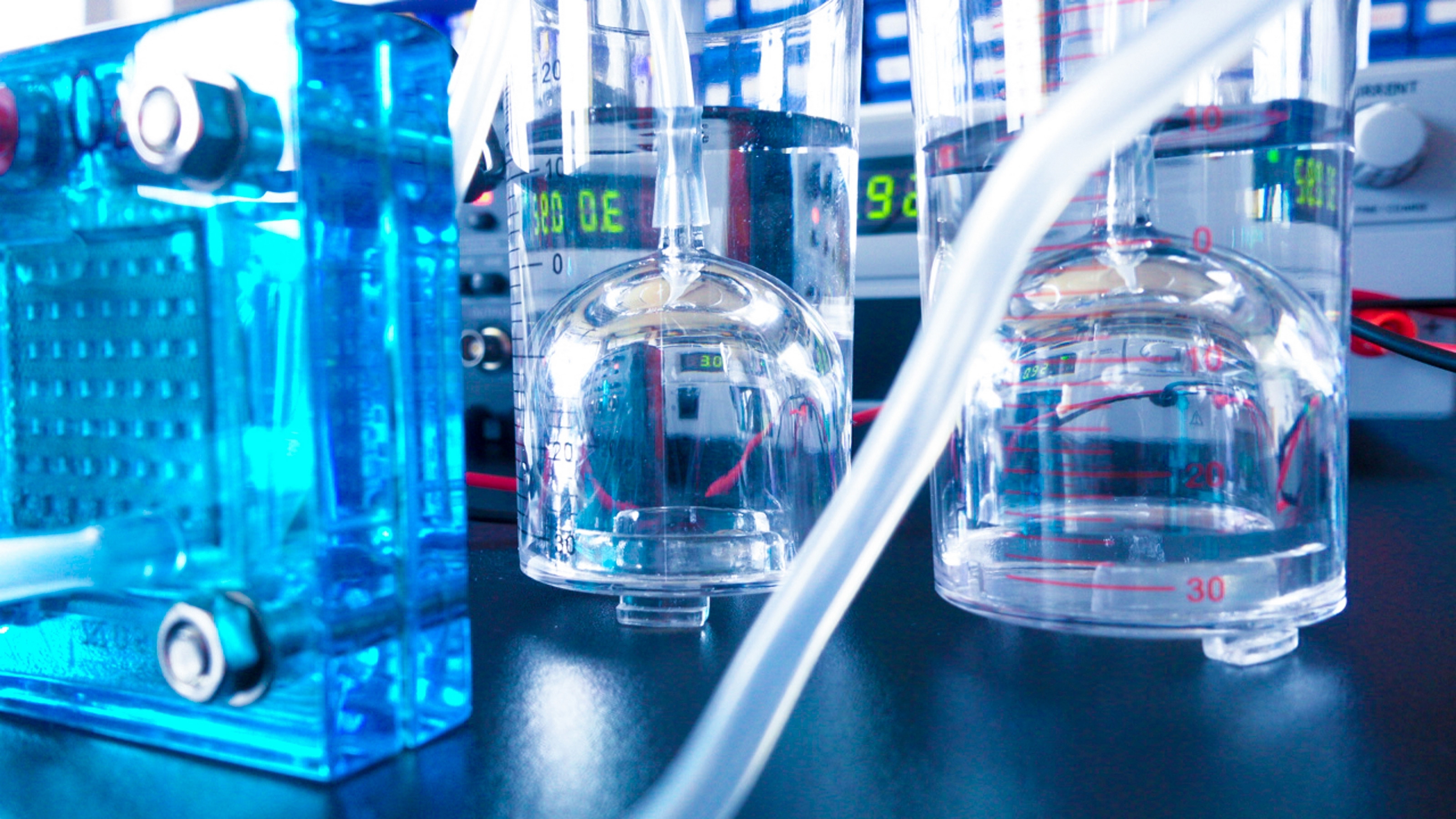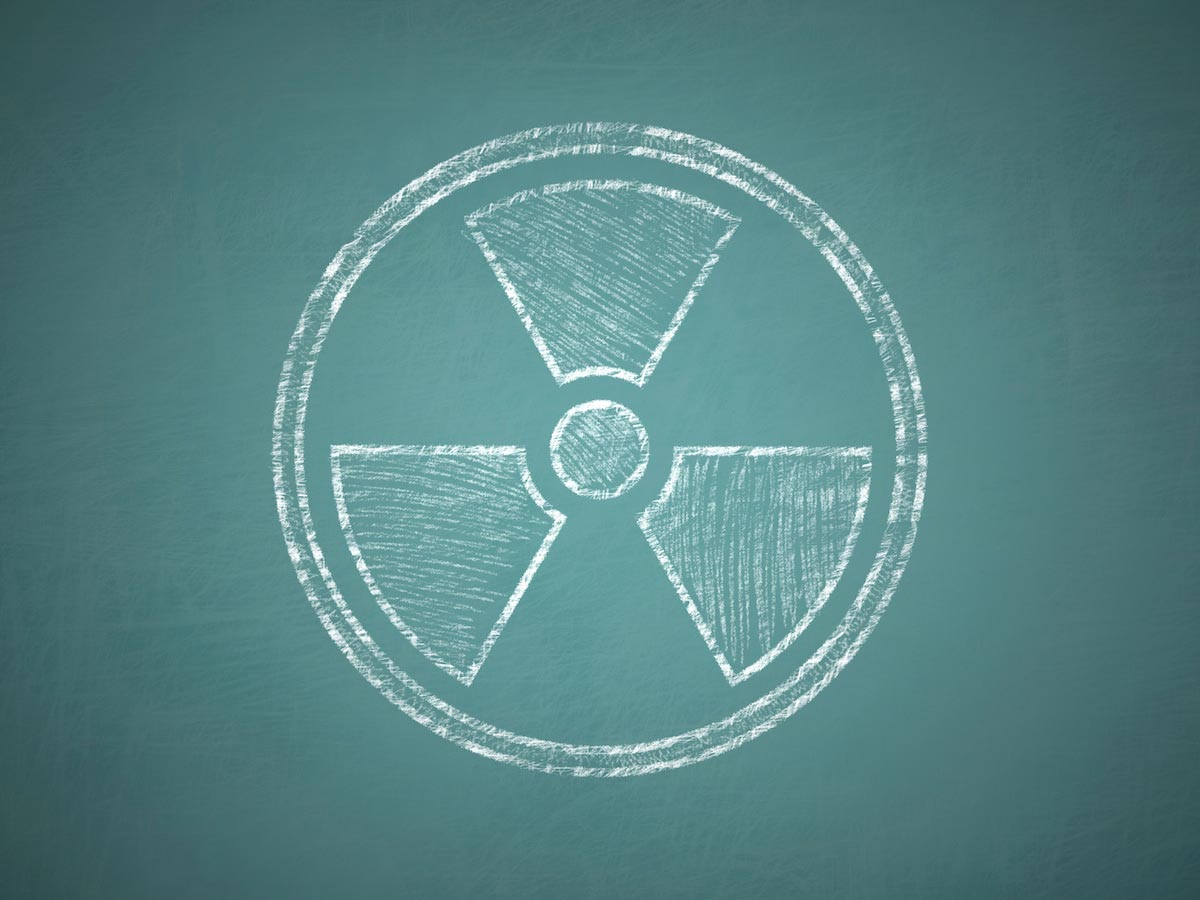
Furthermore, the same semiconductor structure could also break down toxic nitrogen monoxide gas (exhaust gas) found in air pollution. The details of their experiment was published in the science journal Angewandte Chemie.
Black phosphorus is a form of phosphorus that can maintain its stability at ambient temperature and air pressure. Meanwhile, bismuth tungstate is a compound comprised of bismuth and oxidized tungsten. Often used as semiconductors, both materials were featured in a recent experiment by researchers from Soochow University and Jiangsu University.
Plants use light as the source of energy for their food-making process of photosynthesis. A number of semiconductors can likewise absorb light and use the gathered energy to power chemical reactions. (Related: New research simplifies the process of harvesting solar energy to generate fuels.)
An efficient photocatalyst made from nano-layers of black phosphorus and bismuth tungstate
Bismuth tungstate is one such semiconductor that promises great effectiveness as a photocatalyst. It is expected to efficiently break down water into its component hydrogen and oxygen atoms, and do the same for nitrogen monoxide.
However, previous tests involving bismuth tungstate failed to achieve the necessary levels of hydrogen production. Neither did it meet its requirements for treating air pollution through the degradation of nitrogen monoxide.
Researchers were driven to look for ways of enhancing the efficiency of bismuth tungstate as a photocatalyst. One technique called for binding a nanometer-thick layer of bismuth tungstate with a similarly thin layer of a different semiconductor. The two layers of different materials would form a heterojunction with unequal band gaps.
Soochow researchers Dongyun Chen and Jianmei Lu decided to test the suitability of black phosphorus as the partner of bismuth tungstate in a theoretical heterostructure. They cooperated with their Jiangsu counterparts to develop the new photocatalyst.
Their experiments showed that the combination of the two semiconductors achieved the desired photocatalytic properties on both water and nitrogen monoxide. Further refinement could allow the material to be incorporated into other applications.
New material can produce hydrogen from water and eliminate nitrogen oxide from polluted air
Black phosphorus is made up of chains of six phosphorus atoms. The chains are arranged in ripple-like layers that can be divided into even thinner layers that are a single atom thick.
The Soochow-Jiangsu researchers applied even layers of bismuth tungstate chips around the nano-layers of black phosphorus. This heterostructure ensured that the semiconductors stayed in very close proximity. In addition to being both simple and easy to produce, the heterostructure also enabled a synergy between the materials.
Black phosphorus could absorb a very wide range of the spectrum of visible light. Furthermore, the energy levels of the electrons in both the phosphorus allotrope and bismuth tungstate were situated in the right locations.
When visible light hit the photocatalyst, it induced positive charges in the form of electrons and negative charges in the form of holes. These electron-hole pairs were efficiently split apart, sent through the heterostructure, and moved onto molecules. This charge-transfer method bears similarity to the very efficient Z-scheme used by photosynthesis.
Air pollution tests showed that the black phosphorus-bismuth tungstate material broke down nitrogen oxide much more efficiently than earlier bismuth-based compounds. It could be also adapted to the process of splitting water with the addition of a co-catalyst based on platinum. The modified photocatalyst again outperformed pure bismuth tungstate by producing nine times as much hydrogen gas using energy from visible light.
Researchers concluded that black phosphorus may have broad applications for renewable energies and exhaust gas treatment.
Sources include:
Please contact us for more information.























